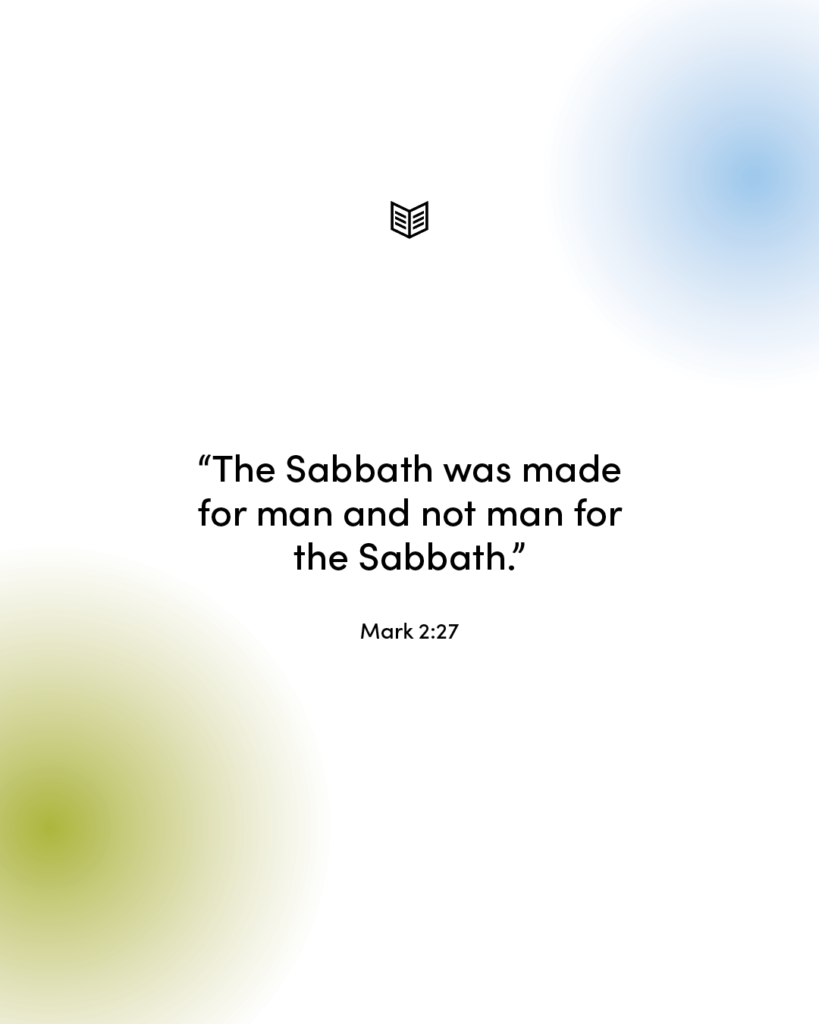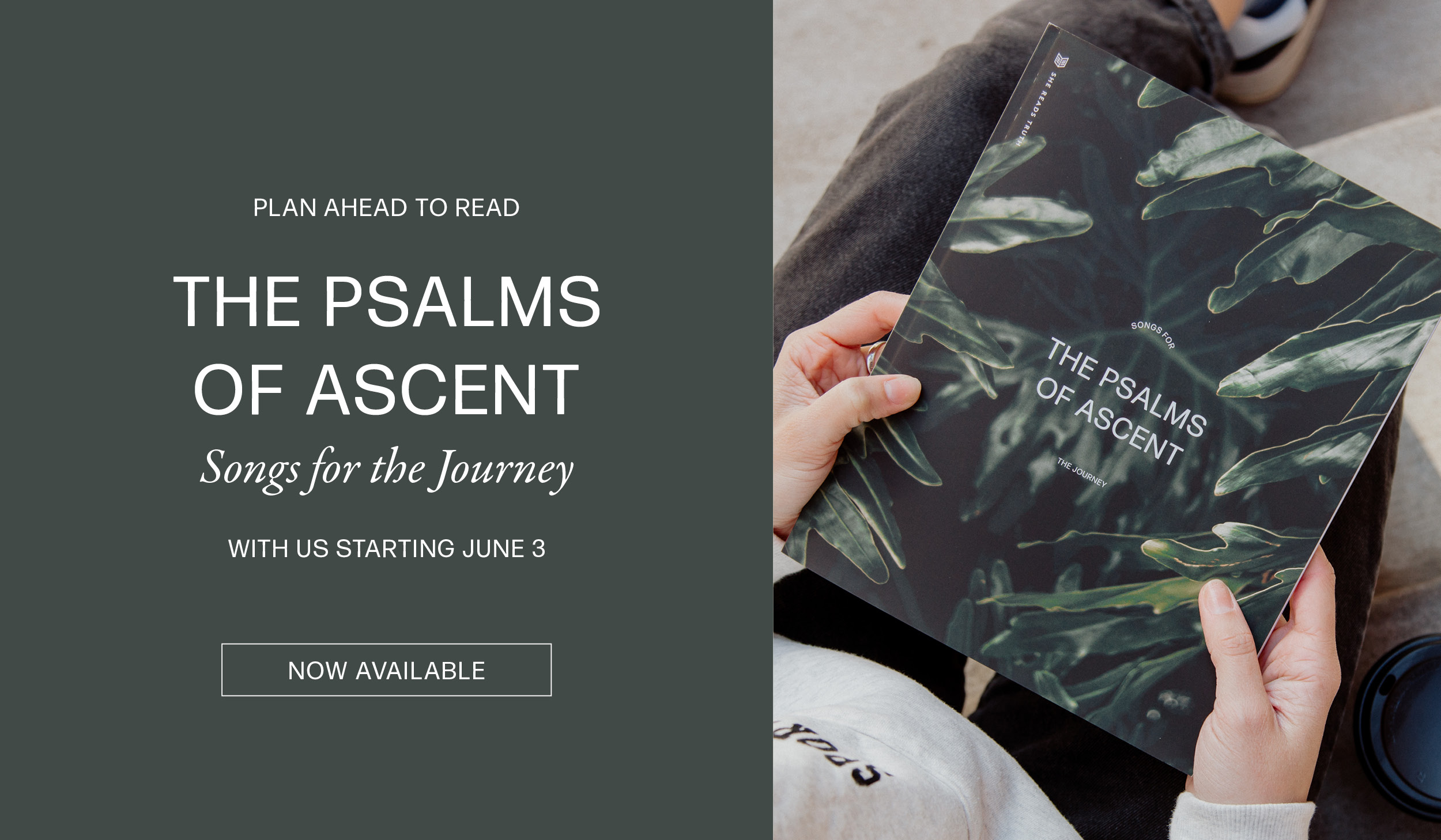Start each day by reading the Scripture. During this reading plan, we’ll then use the summary provided here to guide our discussion around the daily reading.
The Israelite people were called to set aside a holy day of rest, called the Sabbath. This weekly rhythm of ceasing from work made space for the Israelites to remember, in every day and moment, the fullness of the rest they were promised.



Balance in life is what the Sabbath brings. Our lives pre-CoVid was all about working 24/7, but now we realize how much we need rest. A lot of businesses have adopted this back and are no longer open 24/7. We need rest that only Jesus can provide.
I love this because I am getting more and new insights of the sabbath! That is why it says everyone’s sabbath will be different and look different because what looks like work to one person may be enjoyable for another. That’s why judgement is for God alone! — I love when the disciples picked grain and Jesus says even David ate when he was hungry! What to them was work was the disciples way of eating! I never saw it that way.
♥️
This reading plan on rest came at the perfect time. Thank you Jesus!
This reading plan on rest is perfect timing! Thank you Jesus!
The rhythm God creates for us with sabbath is also what creates balance in our lives. Taking that time to rest and worship him without life’s distractions is good for our souls.
My Bible said the same thing and I wrote that down!!!
The thing that stuck out to me most was Jesus anger and sadness about their hardened hearts. They were so focused on the law and what seemed to be right that they couldn’t see what was right in front of them, or that good deeds have no limitations. How often to be look past what is right in front of us in neglect for something we think we ought to do or be?